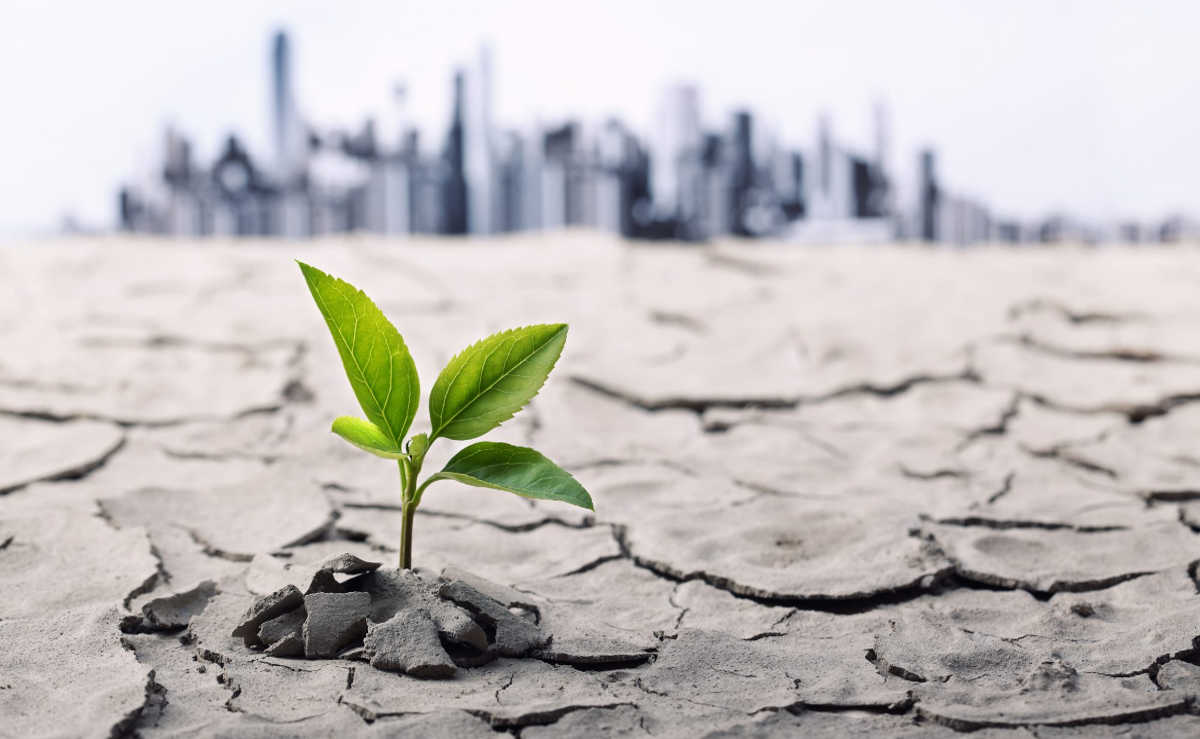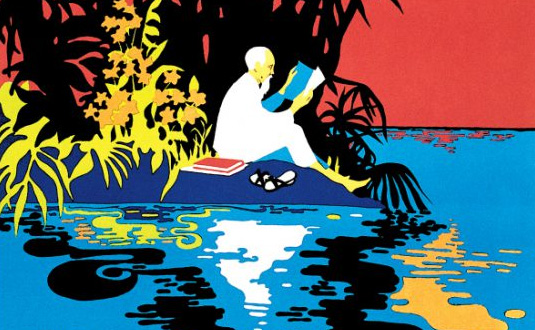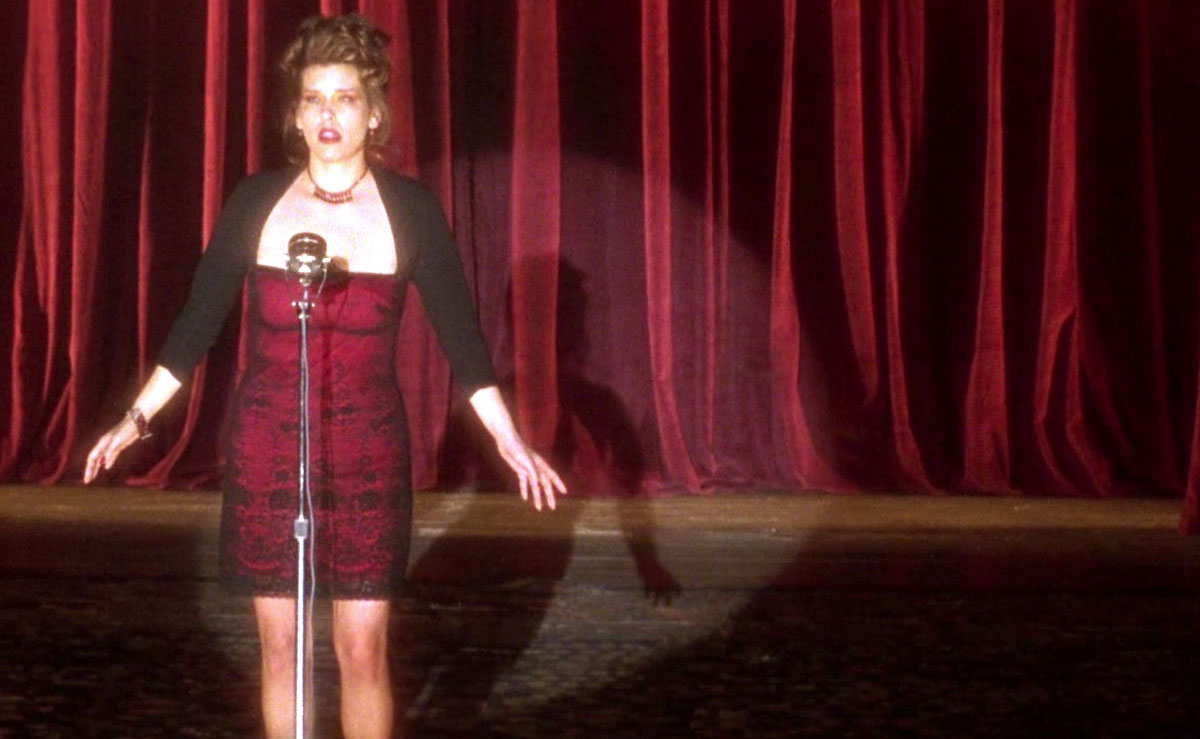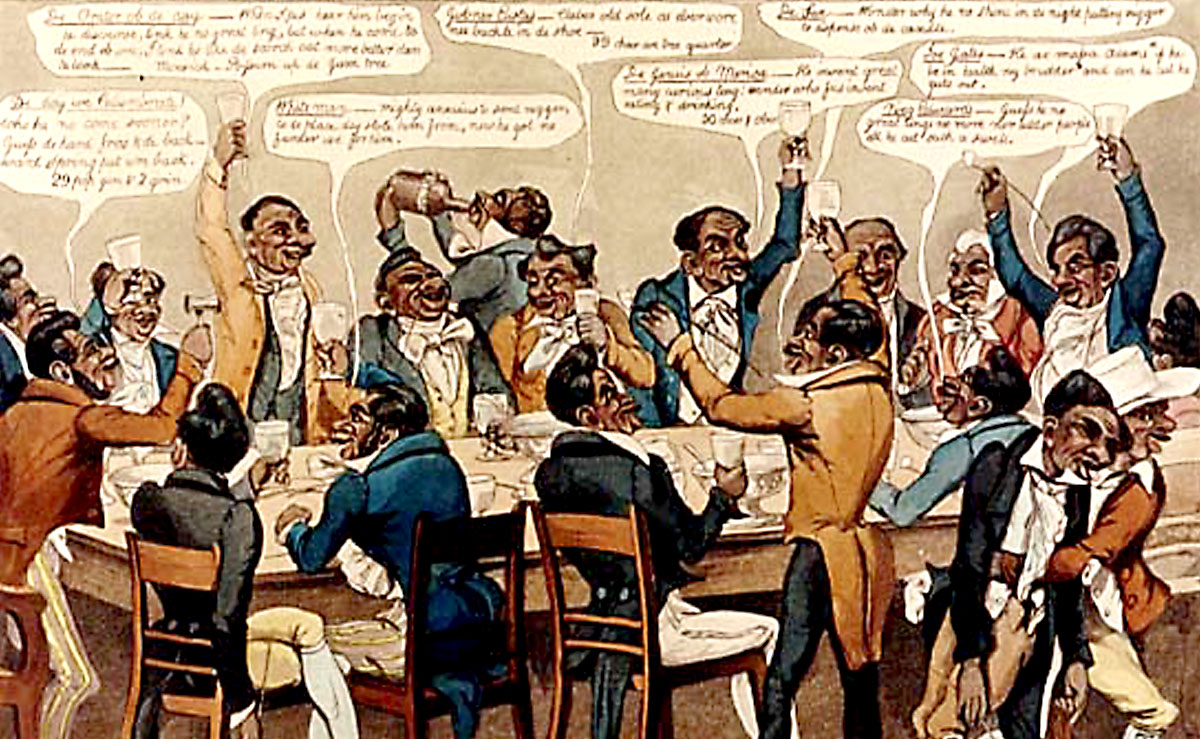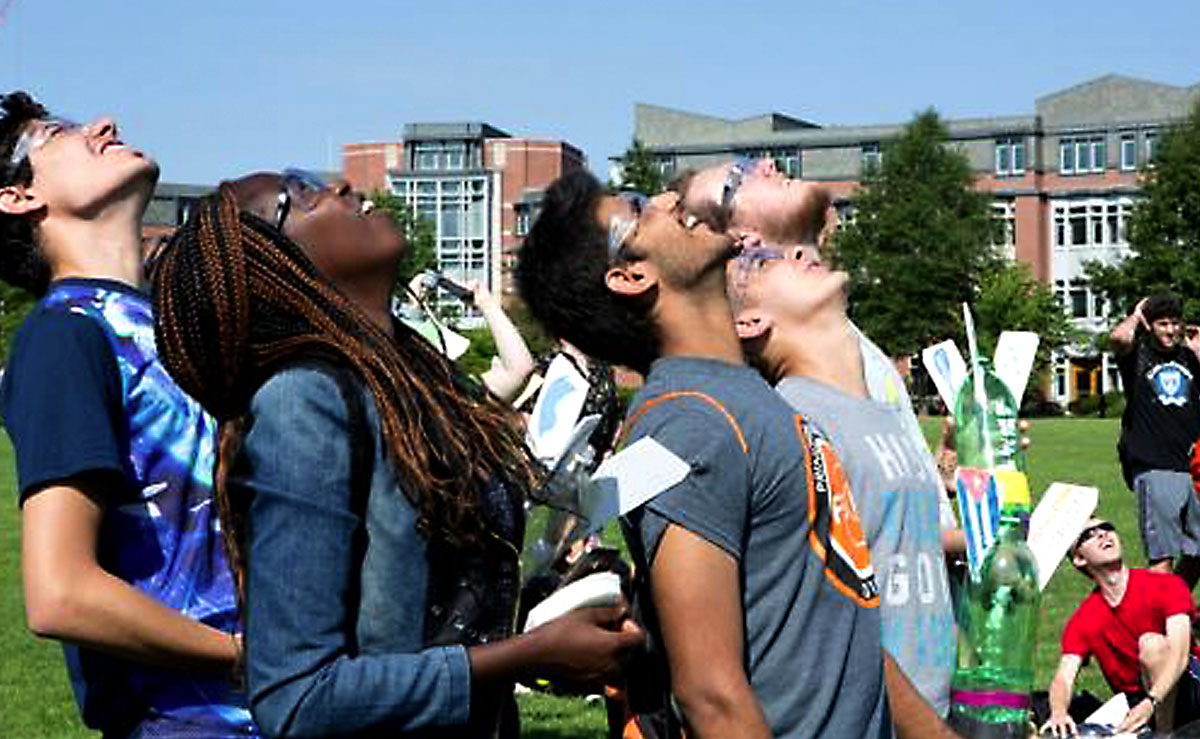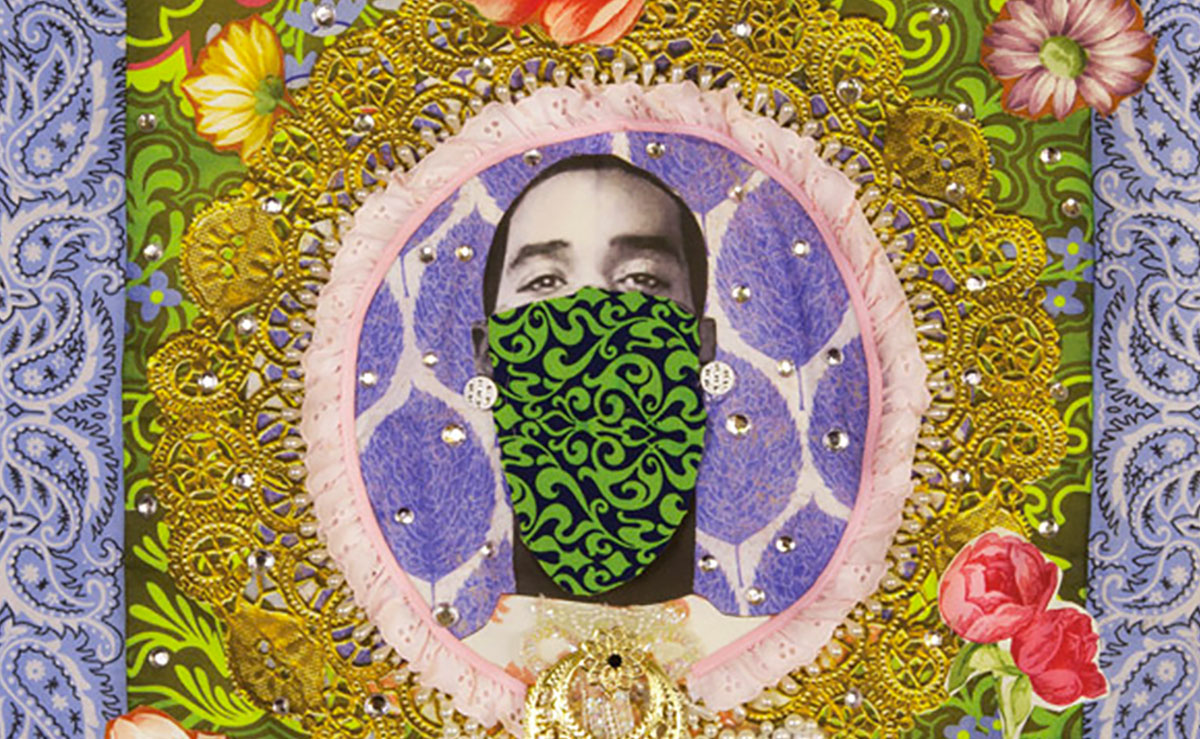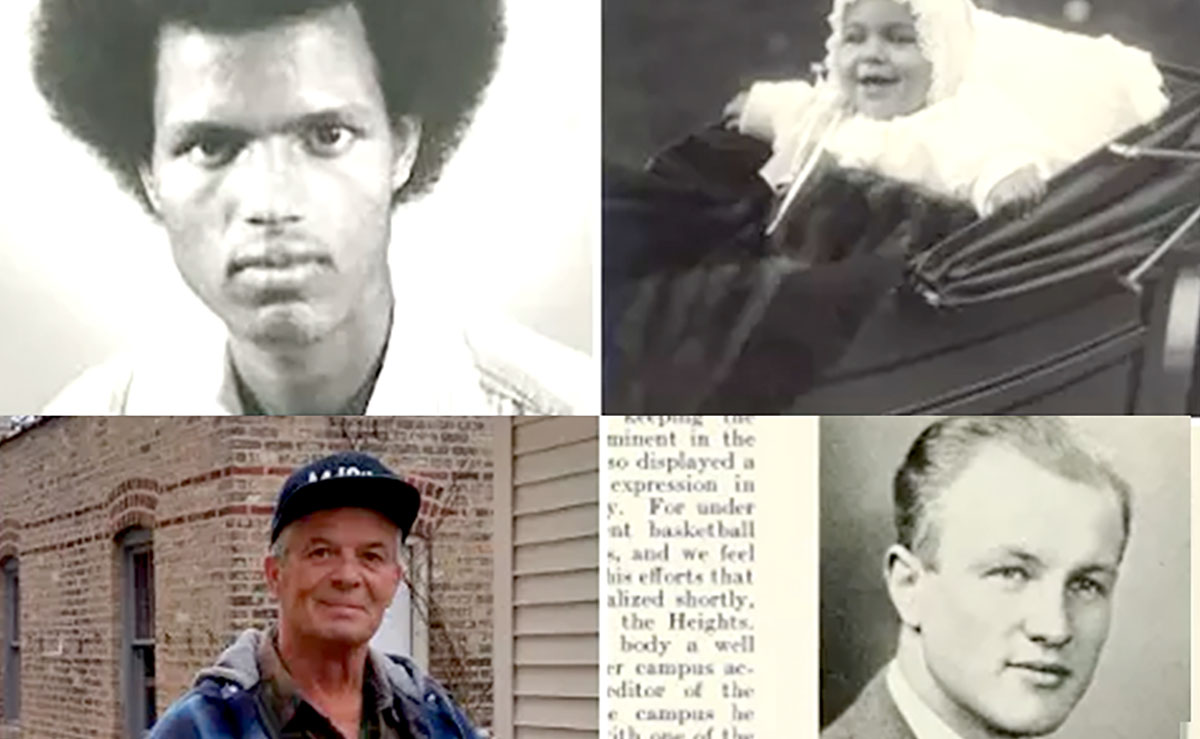Art 250, Architecture, Globalization, and the Environment, analyzes contemporary architecture and its relation to climate change, urbanism, and consequent social problems. Special attention is paid to the erosion of public space, whether due to gentrification, gated communities, outright segregation, or to the devastating impact of war in urban zones in many parts of the world.
Author: Ben Johnston (Page 7 of 10)
Ben Johnston is Senior Educational Technologist in the McGraw Center for Teaching and Learning, a unit of the Office of the Dean of the College, Princeton University.
This course offers an introduction to Asian American studies centered on the issues of “race,” “privilege,” and “power” from the premise that multiple racial projects—including Orientalism, Islamophobia, anti-Black racism, and settler colonialism—contribute to Asian racial formation, and that warfare plays a central role in these projects. With a focus on militarism in the US, Asia, and the Pacific region, the class explores the intersections of race, Indigeneity, and class as well as possibilities for making connections across variegated groups. Exploring Asian Americanism through archives, personal narratives, and other texts, the course focuses on the role of history in producing current conditions and our understandings of them.
This course examines what makes certain spaces — a multi-ethnic suburb of Paris, a museum, or a building — more controversial or problematic than others. Students produce a body of journalistic work based on historical and archival research, interviews, investigation, and field work in Paris during spring break.
This course explores the use of sound in relation to moving images, including film scoring, musicals, soundtracks, music videos, and experimental sound and video art. Significant attention is devoted to digital technology and media soundscapes. Several questions are addressed in the course: How does sound reinforce regimes of audiovisual representation? How does it disrupt them? To what political ends do artists deploy sound, music, and noise? What role does technology play in their effectiveness? Screenings range from Hollywood blockbusters and immersive media to fine art, video games, and independent cinema.
This course introduces the media as an arena for anthropology by exploring how media texts and technologies are embedded in social forces and cultural values. The course reveals the assumptions about reality that frame representations of cultural difference and social inequality in documentary films, track the global circulation of mass media, and examines how indigenous societies have taken up media-making as a means of cultural production and politics. By studying media from anthropology’s comparative and ethnographic perspectives, students learn to identify and describe the diverse and potent relationships between media and social life.
This seminar offers students the opportunity to dig into readings treating American history during the early national period, roughly 1783-1820, when the ideals of the Revolution met the realities of statecraft, when the social institutions of British America were strained through a new national idiom, and when many important issues that would prove vital to subsequent American history were first raised. Participants in the course read and talk about Washington, Jefferson, and the like, but also people and groups who are less familiar.
The Inclusive Pedagogy Symposium sought to answer two important questions: How do educators ensure they are providing an inclusive learning environment for all students? How can the learner’s understanding of inclusive learning and teaching enhance the learning experience of all students? To answer these questions, participants were immersed in literature of inclusive pedagogy, actively engaged with methods described, and reflected on their own experiences as learners and peer educators.
Students explore the historically denied the right to literacy, African-Americans have used sound as a mode of protest and expression of freedom, subjectivity, and citizenship. In this course, we will explore the rich interplay of sound and literature in African-American letters, how writers have used sound to make political claims about race, gender, class, region, nation, and cultural identity. Throughout the course, students examine an array of sonic modalities, i.e. music, laughter, oratory, screams, yells, shouts, grunts, and noise. Readings will be accompanied by sound recordings of minstrel and vaudeville ditties, speeches, work songs, blues, jazz, hip hop, and spoken word poetry.
This creative-collaborative assignment is meant to give students an opportunity to engage critically with visual art and explore the ways it has been put to use to both re-frame and re-conceptualize the Caribbean’s catastrophic history. By coming together around the work of one of the Caribbean artists recently featured in the Small Axe Visual Life of Catastrophe project, students are asked to think about limits and potentials of visualizing disaster through art. How might the visual arts help us see history with new eyes? In what ways do these artistic works call upon us to look at our present differently—perhaps, not just as a moment in time but as the remains of an unending catastrophe? How might both of these practices of seeing and looking compel us towards a new kind of response, a new notion of responsibility or, even, an ethics that is informed by the unimaginable atrocities that still haunt our everyday life?
In History Beyond the Written Word: Unconventional Historical Sources and The Historian’s Craft. History 278 (Spring 2015), students conducted oral history interviews and collected other materials, researching history using unconventional sources.

